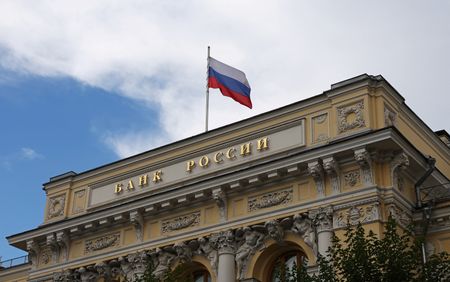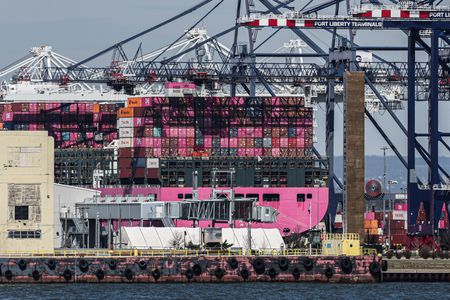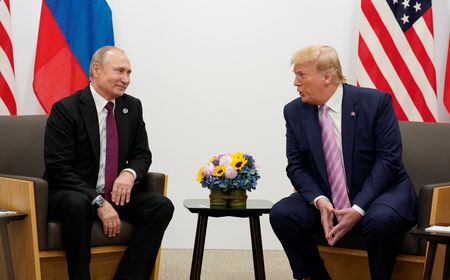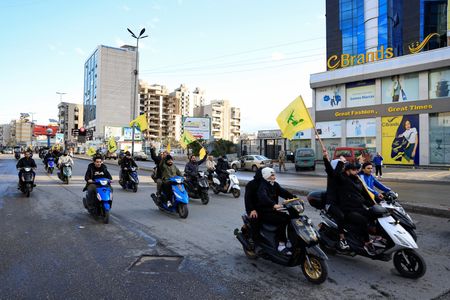MOSCOW (Reuters) -Russia’s central bank has tweaked its rules for non-residents, allowing foreigners’ funds from special type-C accounts to pass to Russian investors when involved in the exchange of assets, a move that could free up blocked capital in Russia and abroad.
In response to Western sanctions over Russia’s invasion of Ukraine, which froze around $300 billion of Russia’s sovereign assets in Western jurisdictions, Moscow started diverting foreign-owned funds in Russia to type-C accounts, access to which is blocked unless Moscow grants a waiver.
“Funds from a type-C bank account, opened for a non-resident, can be deducted for the purpose of implementing … transfers by order of a non-resident … in favour of a resident in order to fulfil obligations,” the central bank said in a note.
Such transfers are permitted on the basis that the assets are being blocked abroad due to the “unfriendly actions of foreign states”, the central bank specified. All transactions require approval from the government commission on foreign assets.
The central bank stressed that the changes do not create new forms of exchanging assets.
The central bank’s update merely confirms that non-residents can make payments from type-C accounts, in addition to transferring blocked Russian shares, said Grigory Marinichev, a lawyer at Morgan Lewis.
“It remains unclear, however, what immediate benefit this presents for the non-resident, given that they would still be acquiring blocked securities in Euroclear, which may require separate action for unblocking or may remain restricted for an indefinite period,” Marinichev said.
The central bank has previously told Reuters that it is constantly working on solving problems with blocked assets.
(Reporting by Elena Fabrichnaya and Alexander Marrow; Editing by Kirsten Donovan)









